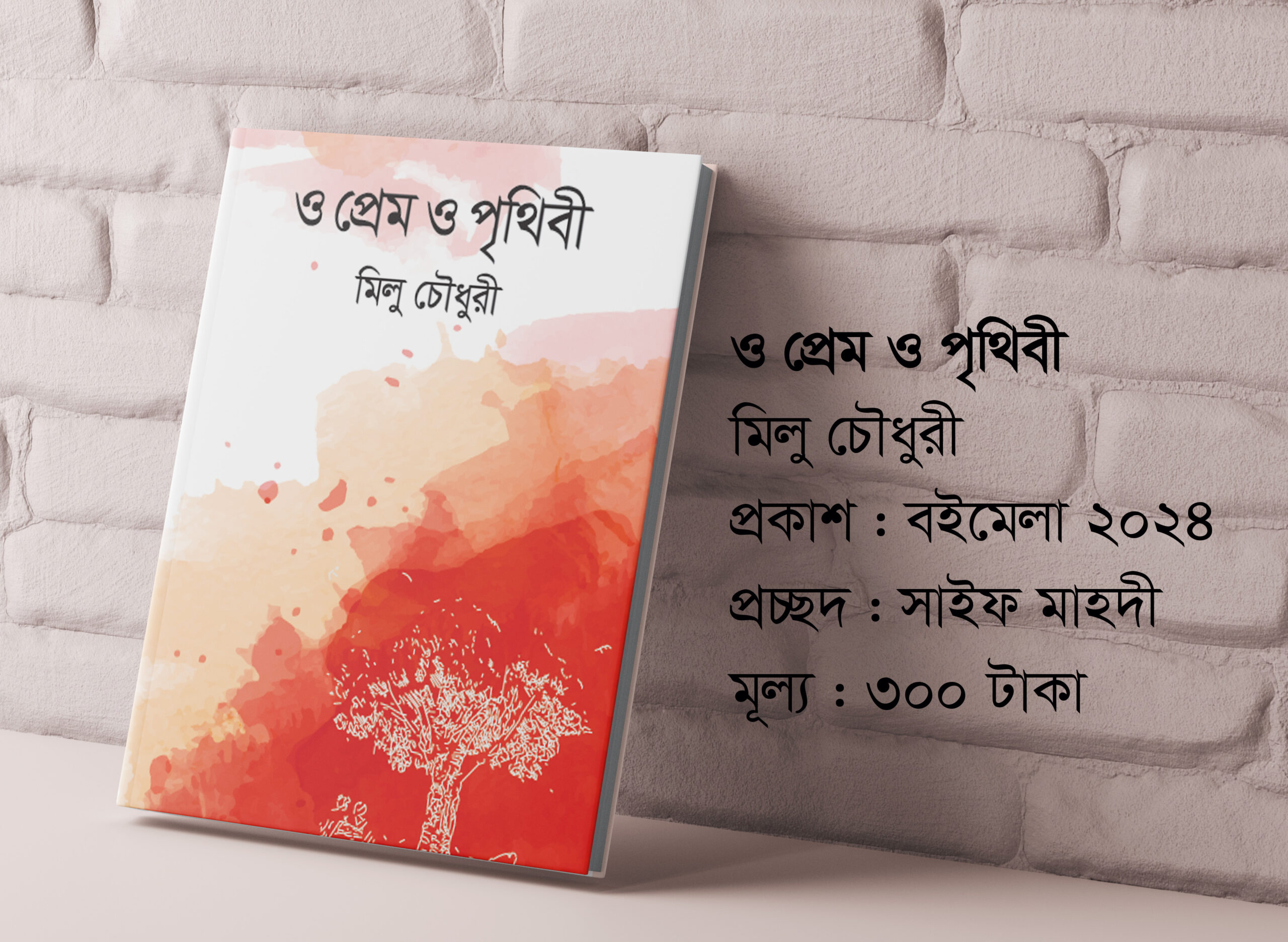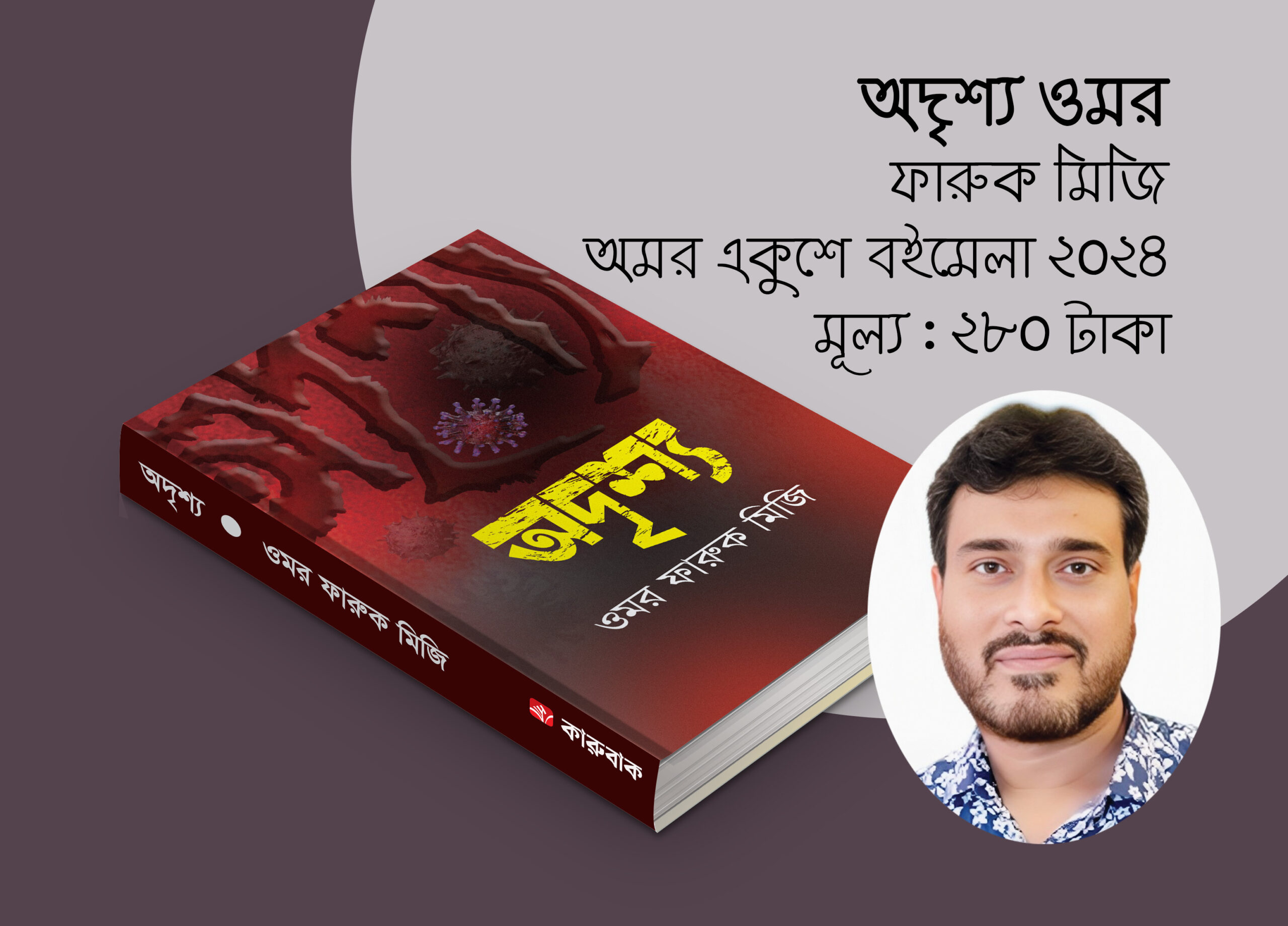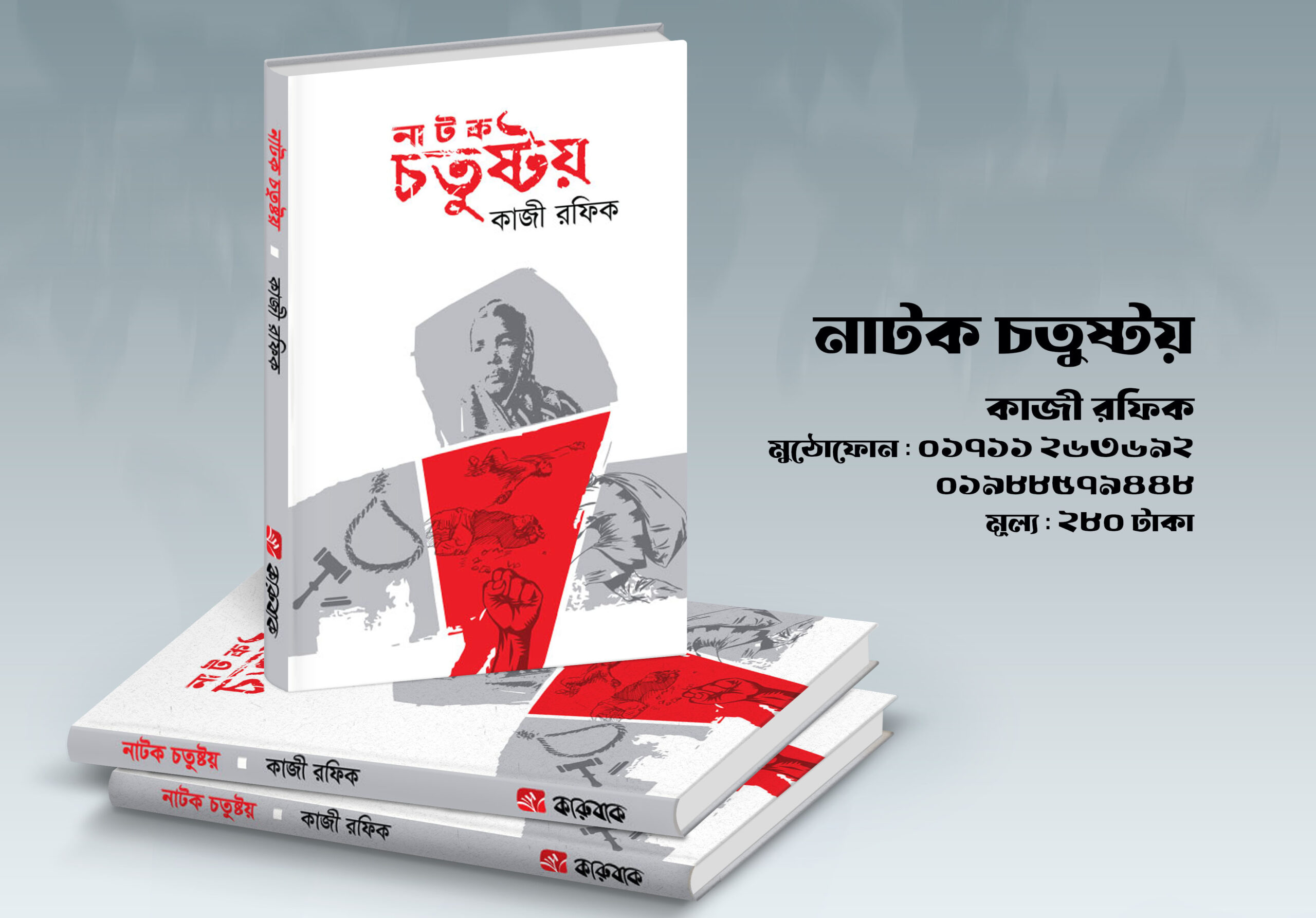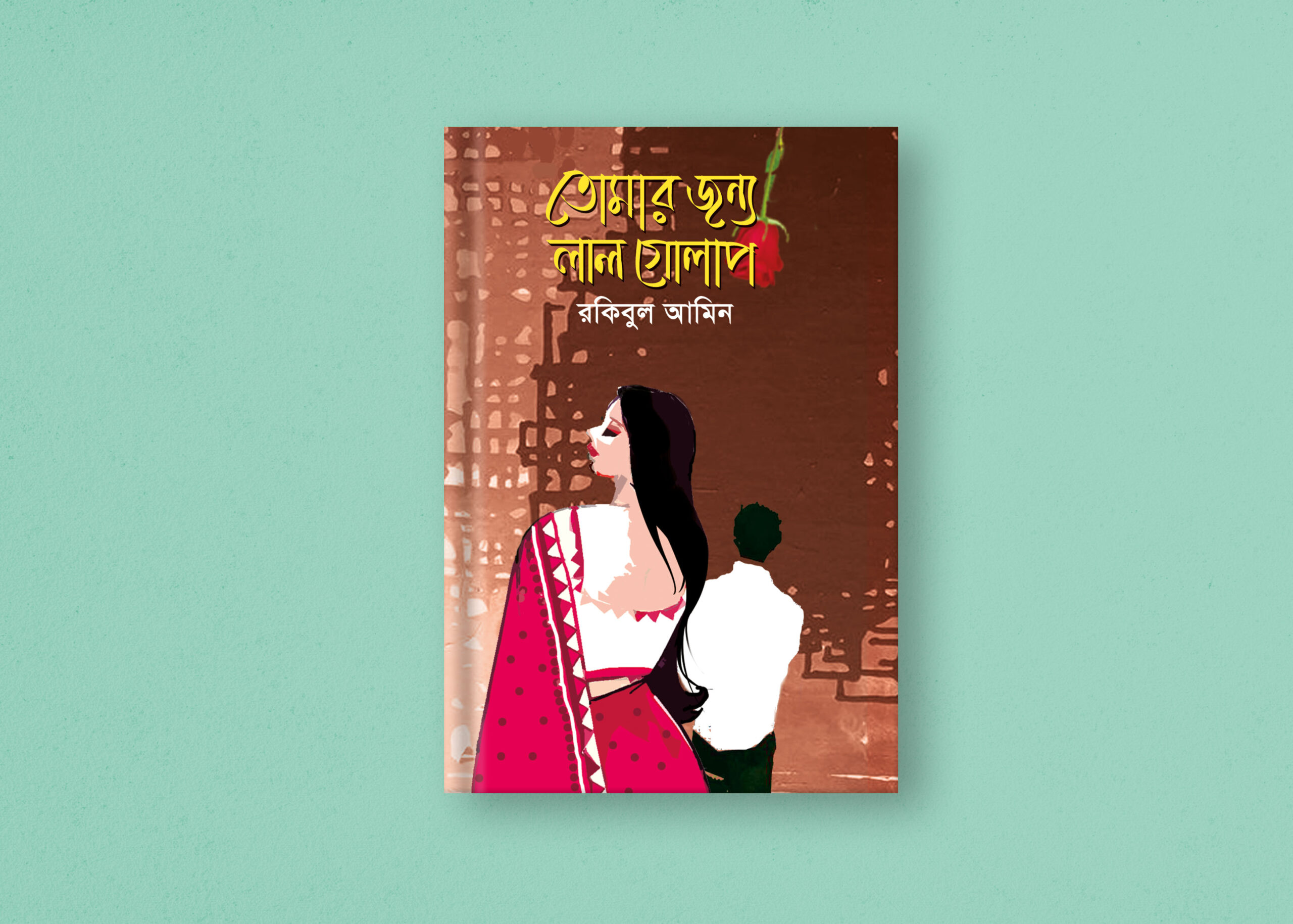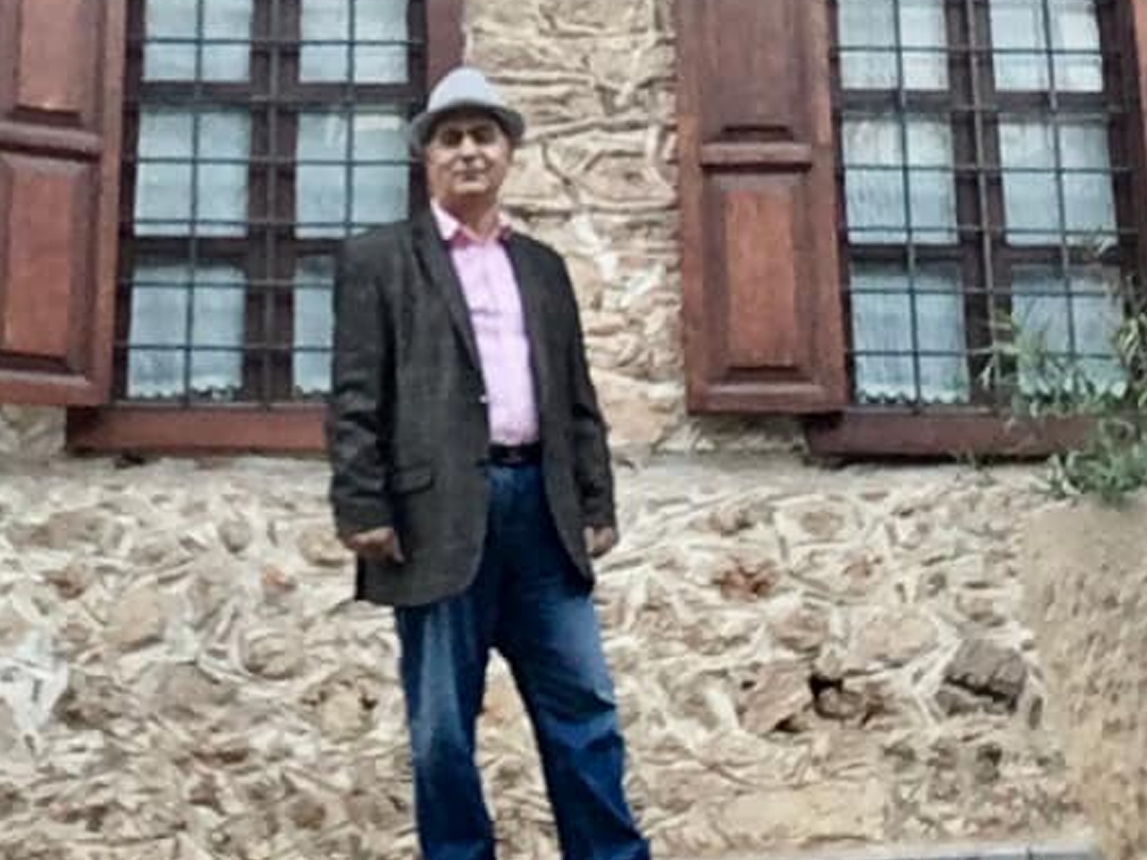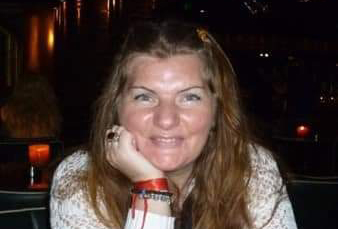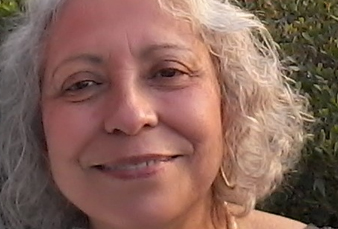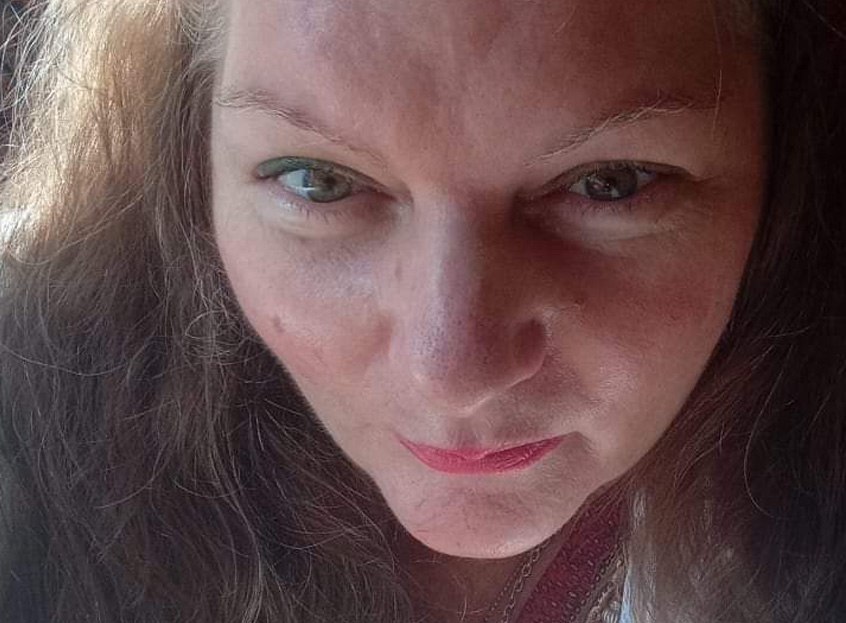Foreword
It is true that conflicts and war, disorder and destructions are vitiating the atmosphere in many parts of the modern world. At the same time natural disasters like worst weather conditions,
record breaking snowfalls, and flooding, diseases like Covid19 pandemic, earthquakes, landslides etc. for last several years creating death and destructions all around us. Among all these disasters, the war in Ukraine is going on unabated for more than a year. Probably it is heading towards a more dangerous situation. Already millions of people lost their precious lives, millions of people had to migrate to other countries as refugees. Just today (27th Dec 2022) President Zelensky of Ukraine said that more than nine million of his people are passing their days without electricity in this freezing cold. More acute is the question of survival of human beings in the affected regions.
In the face of such serious human tragedy, should we all remain silent spectators? Have the world leaders taken all effective steps to stop this war? I believe that they have not explored all avenues open to them to stop this war. I have mentioned in this book how such problems were solved by world leaders in the past. The best example I cited was the solution of the “Cuban Crisis”.
In my humble way, I have tried to maintain a neutral stand, at some points finding faults with the West (US and NATO) and on some other occasions bitterly accusing the Russian authorities.
But as a quick solution, I suggested immediate intervention of two superpowers: the U.S.A.(and its allies) and the Russian authorities to forget all their differences and discords to explore the avenues left to bring back peace and harmony in the affected regions without any further delay.
I have tried to avoid accusations to be made by one party against the other at this moment.
Because such accusations will not be helpful to arrive at a consensus by the parties involved in the game.
Most important issue is, time is running away. Nuclear war is very much possible. That is why most of the relevant issues were brought to limelight so that everyone involved in this war can
realize the gravity of the situation. They should be able to realize their role and what they should do to restore peace by first stopping this war. That is the most pressing need
of the hour. In fact, with this noble intention, this book is written.
Brief life sketch of the Author
I am pleased to introduce the author of this book, Dr. Shoaib Ahmed, whom I have known for a long time. On different occasions, I used to meet him and would participate in discussions over a wide range of issues. At one stage, I became one of his close associates. He is one of those few personalities in Bangladesh who has earned profound respect for his wisdom, integrity, honesty, sincerity, and hard work. He is a staunch believer in democracy and peaceful co-existence. Above all, his patriotism is beyond question. Dr. Shoaib was born on 1st March 1948 in an illustrious family in Bangladesh. He had a brilliant academic career. He did B.A. (Honours) and M.A. (Economics) from Dhaka University. Under UNDP Fellowship, he did Post Graduation from Harvard University, the USA, in 1985-86 and later did his PhD. in Finance from Washington International University, the USA.
Dr. Shoaib served the government of Bangladesh in various capacities for about thirty-five years and went on retirement in 2005 as Secretary (Secy.) to the government. Besides holding decisive and crucial positions, he was Secy. Ministry of Agriculture, Secy. Ministry of Industries, Secy. Ministry of Environment and Forest, Secy. Ministry of Finance (IRD), and Chairman, National Board Of Revenue. He was also chairman of Board of Directors of several important banks, multinational organizations and research institutions in Bangladesh.
A few of the coveted positions he held in important organisations are: Chairman, Bangladesh Institute of Development Studies (BIDS); Chairman, BASIC Bank; Chairman Industrial Promotion & Development Company LTD (IPDC); Chairman, KAFCO; Chairman, Bangladesh Institute of Management (BIM); Member of the Board of Directors, Bangladesh Bank; Additional Secretay, M/O Finance; Chairman, Trading Corporation of Bangladesh (TCB); Director General, Export Promotion Bureau (EPB), MD Bangladesh Krishi Bank (BKB), MD Bangladesh Shilpa Rin Sangtha (BSRS); Joint Secretary, M/O Commerce etc etc. Dr. Shoaib also led many important delegations abroad from time to time mostly in Washington (USA), New York (USA), Ottawa (Canada), Geneva (Switzerland), Beijing (China), Warsaw (Poland), Manila (Philippines), Bangkok (Thailand), Tokyo (Japan), Kuala Lumpur (Malaysia), Singapore, Amman (Jordan), Dubai & Abu Dhabi (UAE), Male (Maldives), Jakarta & Yogyakarta (Indonesia), Johannesburg (South Africa), Stockholm (Sweden), Melbourne (Austrilia) etc etc.
Dr. Shoaib rendered dedicated service to various poverty alleviation programs. To redress the sufferings of the hardcore poor living in slums, he developed and introduced projects with the active support and patronage of the government. The famous project was “Rehabilitation of Slum Dwellers in their Village Home” (In Bengali named Ghore Phera). Within two years of launching this program, sixty- five thousand families (Almost three hundred thousand slum dwellers) returned to their own village homes and started a new life of decency and dignity. The program was selected as the best poverty alleviation program and won the prestigious “Best Asian Banking Award” at Asia Pacific Bankers Congress 2001 in Bangkok, Thailand. He was Chairman of the Asian Productivity Organization (APO), having twenty-nine member countries with its headquarters in Tokyo, Japan (2004). He was a governor of the Board of Governors of the World Bank (WB), the International Monetary Fund (IMF), and the Asian Development Bank (ADB) for some time in 2005-2006.
After he retired from government service, he joined as Professor at the School of Business & Economics in a reputed university in Bangladesh. He has been teaching at this university’s post-graduation level for the last seventeen years. In addition, he is currently teaching as a Professor of Economics (Adjunct faculty) at another renowned university in Dhaka. Dr. Shoaib carried out many research works and contributed many articles on socio-economic issues in various journals and magazines. His book “Ignored Issues Of Investments In Industrial Projects Of Bangladesh” (1999), “Return Of Slum Dwellers In Their Village Home” (1998), and “Revelry at Night” (1990) earned great admiration from readers and researchers.
Dr. Shoaib was a founder and pioneer in establishing Dhaka University Economics Department Alumni Association (DUEDA) and was elected president of this organization for two terms (2001-2003 and 2003-2005). He was also President of the Bangladesh Scout and Guides Fellowship for ten years (From 2002 to 2012). He was elected member of the executive committee of the Bangladesh Economics Association from 2000- 2002. He is also a member of the Harvard University Alumni Association and Japan International Co-operation Agency (JICA) Association. Dr. Shoaib is widely traveled and represented Bangladesh in many international forums, seminars, and symposiums. For his remarkable contribution to the hardcore poor living in slums, he was awarded “The Rotary Club Of Dhaka Cosmopolitan Award” in 2000. In 2001, he was awarded “Atish Dipankar Gold Award” and “Mother Teresa Gold Award.” In 2022 he was honored with MTC Global Award For Excellence from India.
For his unflinching quality of leadership and dedicated service to his country, he was appointed an Advisor (Cabinet Minister) for Finance, Planning, Commerce, Post and Telecommunication Ministry under the Caretaker Govt. of Bangladesh (2005- 2006), which was a genuine recognition of his sincere service to the nation.
I feel honored to mention a few of his accomplishments above but regret to mention here that for space constraints could not furnish many of his other significant achievements. In conclusion, I would like to comment that Dr.Shoaib is one of our most respected personality. I believe readers will enjoy reading this book and find it exceptionally interesting.
Prof. Dr. Muhammad Mahbub Ali
Former Vice-Chancellor,
Presidency University, Dhaka, Bangladesh.
Life sketch of the author (continued):
Few words about the literary contribution of Dr. Shoaib Ahmed
Interestingly, Dr. Shoaib also used to write short stories and poems, which were published in different literary magazines. His poetry books “Nishithe Nikkon” (1990) and “Ashariri” (2014) received great appreciation from contemporary literary figures. More than fifty short stories were published in different magazines. Unlike other modern poets, his mastery of language is distinct, not using farfetched images, and is vivid with truism. He is with hope in his poems and is opposed to destruction and despair.
The void of commonness attributed to modern poetry is absent in his poems, with marked simplicity of style and clarity of context. Though modern, his poems taste lyrics in form and sound. The simple motif of his poetry deals primarily with nature, humankind, the outside world, society, spiritual development, love, and women with all the universal and particular undertones of complacency. Life and creation have also been portrayed with exuberant passions but with little thematic complexity. This initial attempt at thematic poetry will lead him to perhaps something tremendous and novel. As a short story writer, he has already earned appreciation from innumerable readers. His works in this field interestingly covered a wide array of issues concerning various problems of life and living of the poor and middle-class people in our society. I was impressed by one of his short stories,” Shadow Of The Sparrows.” This short story can be regarded as a remarkable addition to Bengali literature, where superstition and coincidence led to vivid descriptions of events that can keep the readers spellbound.
Prof. Danesh Ahmad.
Former Faculty, Department of English Language
The University of Jazan, Kingdom of Saudi Arabi
A word of thanks
At the very outset, I candidly admit I was not sure I would be able to complete writing a book on the Ukraine war when it is still going on unabated. No one knows when it is coming to an end or how one can draw a conclusion, but it was made possible by my loving daughter Dr. Nusrat Shoaib who inspired me to complete the manuscript as soon as possible. She took many pains to type out the manuscript of this book from my scribbled notes despite her hectic schedule. Mere words of appreciation cannot repay her contribution. I am immensely indebted to my daughter for this uphill task.
A word of appreciation for my grandson Shadman Samir and my eldest son Shafkat Shoaib who also typed out some of the chapters of this book. Special thanks to my son-in-law Dr. Saifullah who helped me collect the photographs I needed for this book.
Some friends and well-wishers took the trouble to write a few words about me in my life sketch. I think I do not deserve them. In any case, my sincere thanks and gratitude to all of them.
One would think that with such help, I might have written with greater wisdom. That I could not do so is my misfortune to bear. Thus lapses and errors in this book are mine, while I remain profoundly grateful to many who helped me along the way.
Dr. Shoaib Ahmed.
LIST OF CONTENTS
Reference to an event that took place about eight centuries ago
- The Cuban Missile Crisis of 1962: A striking similarity with the Ukraine war
- Alliances formed to strengthen stand and status of dominating countries
- Destructions and losses of life and property in Ukraine and Russia
- How long is this war going to continue?
- Failures of some truce makers in this war
- Lip services provided by some member countries of NATO and active support provided by others to Ukraine
- Any hidden agenda persuade by any quarter?
- Imposing sanctions against Russia: Its ramifications
- Tracing the history of economic sanctions
- Failure of global leadership in many areas of our world
- The role played by past leaders for the independence of India
- Role played by some other leaders of the past
- Why at all did Ukraine and Russia start fighting?
- The disintegration of the former Soviet Union and its aftermath
- The sad plight of the Ukrainian people is not felt seriously by it’s allies
- Can we ignore provocations leading to this war?
- COVID-19 pandemic and disruption in everyday life aggravated further consequences of the Ukraine war
- Some exciting News on BBC – new problems and searching of solutions
- Before blaming others, why not look at yourself
- The cases of Sweden and Finland joining NATO
- What Russia did in the near past
- Possibility of deep-rooted conspiracies (just an assumption)
- Association of Warsaw pact countries contributed to maintaining a balance of power in the past
- Some irrational and unfair interventions of the past contributed largely to distrust western leadership by many people
- Funny arguments to uphold democratic spirit
- Let us try to assess actually civilization stands for what
- The change in attitude to restore family bondage in developed countries
- The impediments that stand in our way: Role of our past leaders
- Contribution of reputed educational institutions to build an enlightened society
- Never-ending problems the world is facing
- Alarming new problems faced by Global Leaders today
- Frustrating role played by United Nations
- More observation of this tragic war
- Lack of sincere initiative not to allow this war to happen
- The possible causes of conflicts and war in our time
- Lack of transparency and freedom of expression: promoting dictatorial regime around the globe
- Concluding observations
- How best the Global Leaders can play their influential role
- Conclusion


 কারুবাক
কারুবাক 


